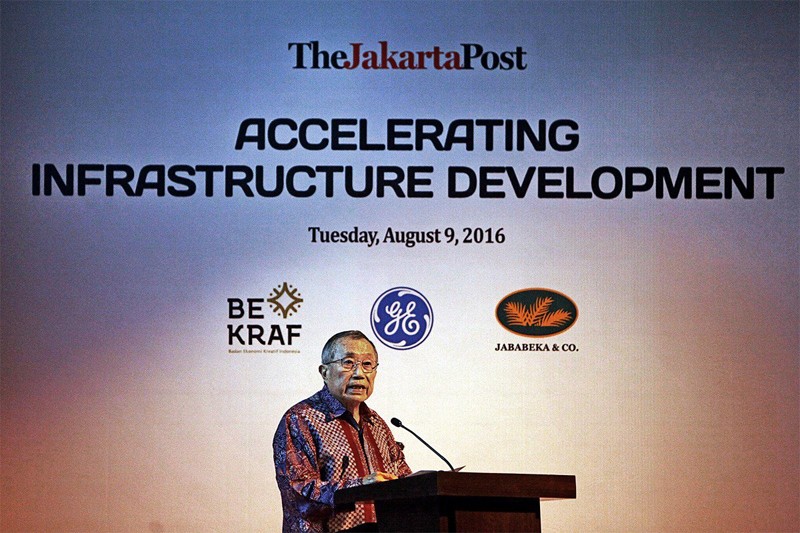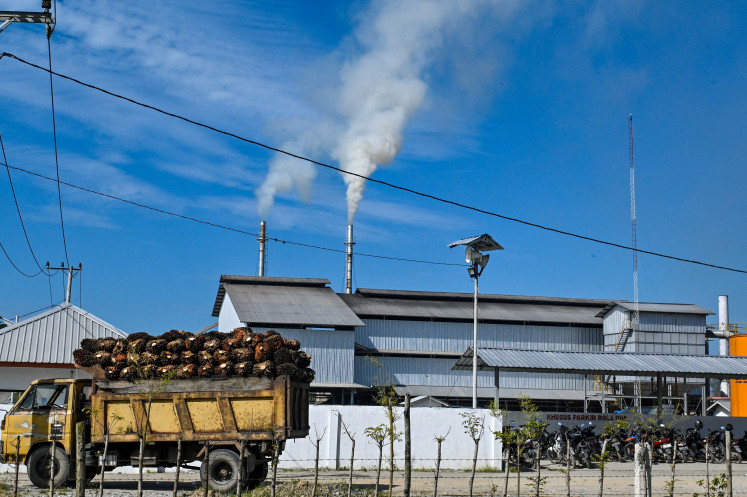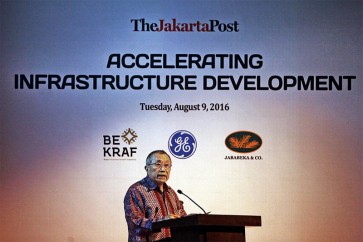Popular Reads
Top Results
Can't find what you're looking for?
View all search resultsPopular Reads
Top Results
Can't find what you're looking for?
View all search resultsShaping history and future: What peers say about CSIS
With its intelligent insights, ideas and research, academia and the think tank crowd both acknowledge the role that the Centre for Strategic and International Studies has played in shaping both Indonesia’s history and future.
Change text size
Gift Premium Articles
to Anyone
T
he Centre for Strategic and International Studies (CSIS), one of Indonesia’s leading think tanks, is celebrating 50 years since its founding in 1971. According to its peers in the country and from the wider region, the institution has left an important legacy while charting the course for the country’s development.
With its insights, ideas and research, academia and the think tank crowd both acknowledge the role that the CSIS has played in shaping both the country’s history and its future.
Deputy head of the Indonesian Academy of Sciences (AIPI), Sofian Effendi, said the CSIS was greatly influential in shaping Indonesia's public policy, especially under then-president Soeharto's New Order regime.
"Indonesia did not have a lot of think tanks at the time. The CSIS was very influential on the Soeharto administration's policy-making, especially considering the institution was backed by key figures in government," Sofian told The Jakarta Post on Monday.
Sofian, who is a public administration professor at Gadjah Mada University (UGM) in Yogyakarta, said even now the country's policymakers would turn to think tanks like the CSIS for insight to better plan its long-term strategies.
Tri Nuke, head of the social sciences and humanitarian department at the Indonesian Institute of Sciences (LIPI), corroborated Sofian’s comments, saying the CSIS’ ideas and studies had helped “determine the direction of the government’s policies” in its early years.
"Even though the government's ties with private-owned think tanks is currently loosening, the CSIS remains a very important asset for the country and its discernment in the country's macroeconomic sector and international affairs remain very important for policymakers" Nuke said on Monday.


















